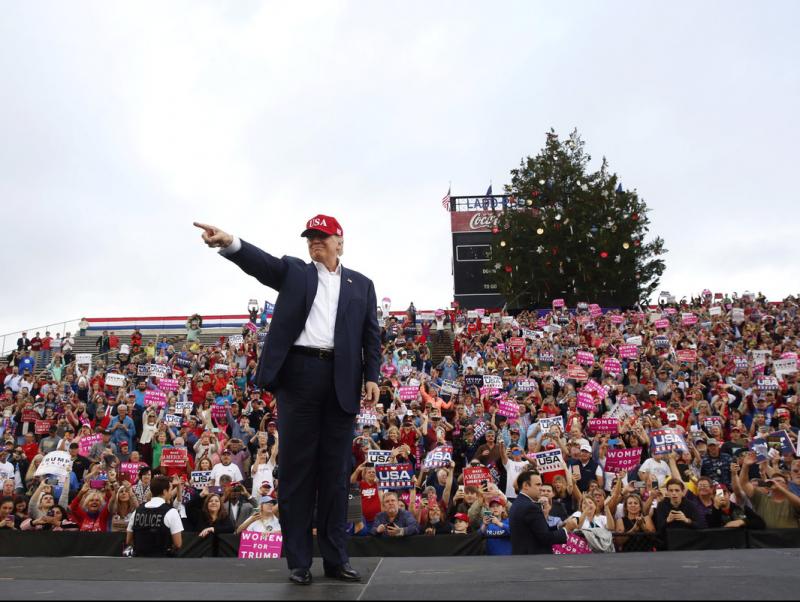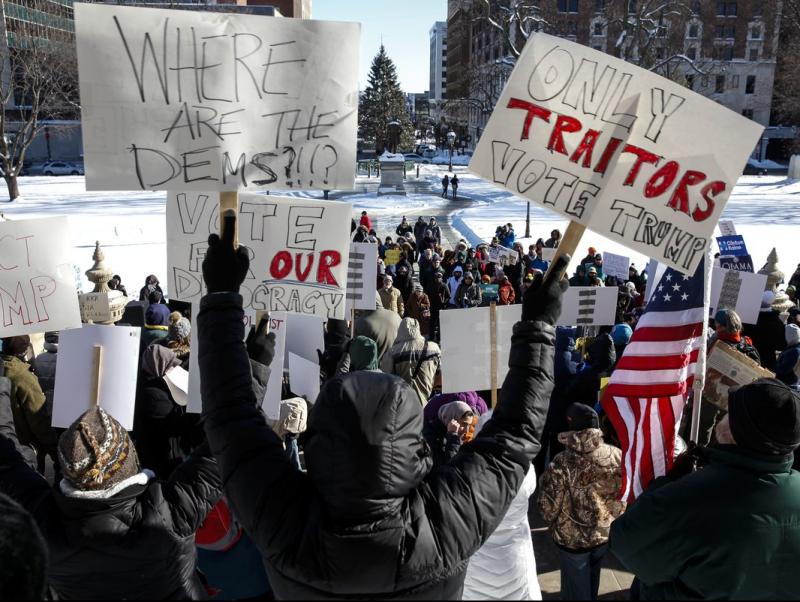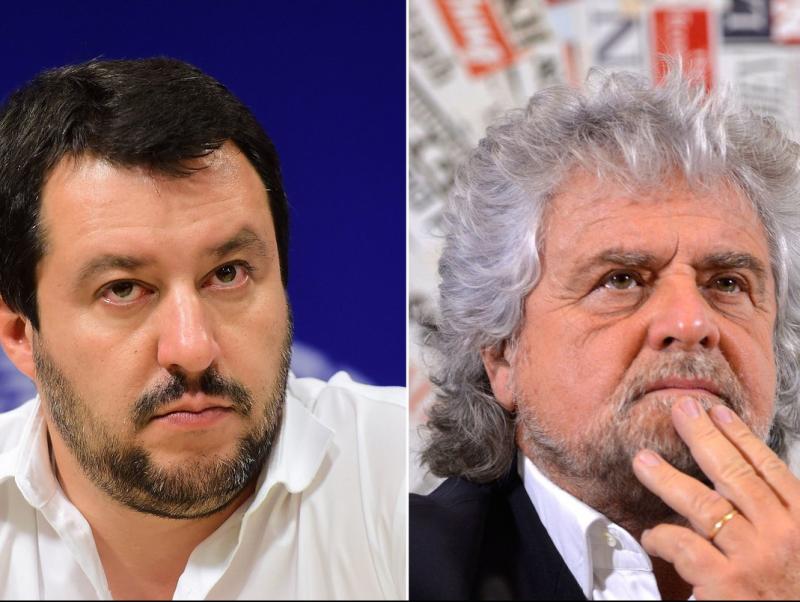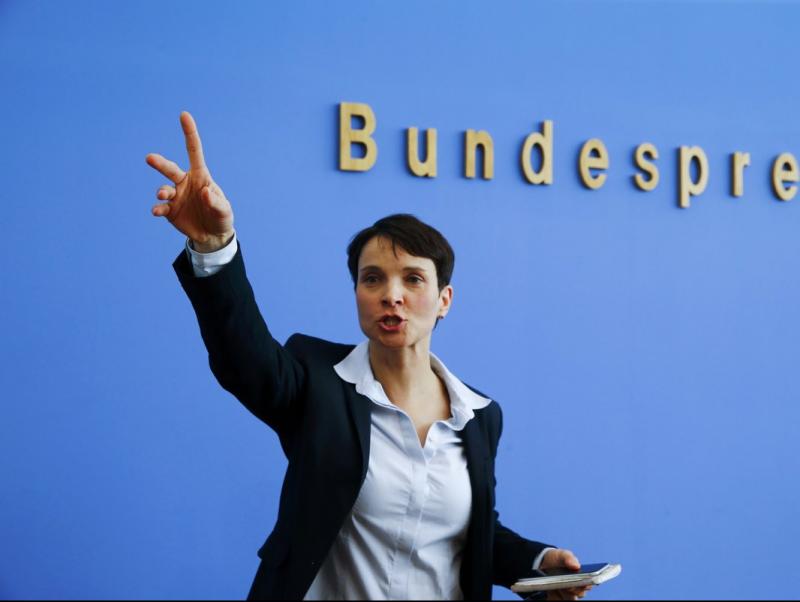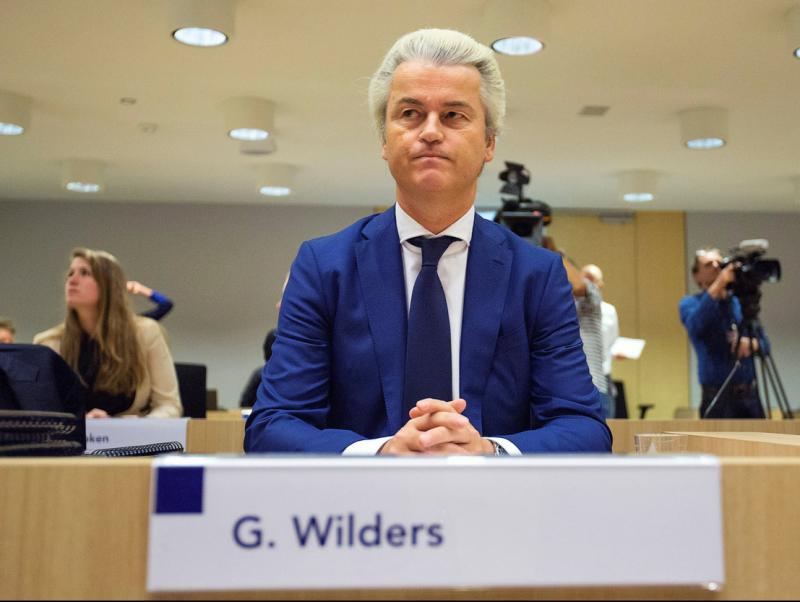The rise of populism
The upswing for political forces working against the system brings the western model of politics into question
First it was Brexit, then Trump's victory, followed by the referendum result in Italy. Using the ballot box to punish the system is gaining ground, while in Europe and on the other side of the Atlantic establishment voices warn of the dangers posed by populist movements.
“We are going to have to guard against a rise in a crude sort of nationalism or ethnic identity or tribalism that is built around an 'us' and a 'them,” US president Barack Obama said in October on his final trip to Europe. Not long before, the president of the European Commission, Jean-Claude Juncker, told the European Parliament: “There are splits out there and often fragmentation exists.... That is leaving scope for galloping populism. And populism does not solve problems, it creates them.”
The turnarounds at the ballot box could be further magnified in 2017 in Europe, where there are number of elections coming up that will include aspiring right wing populist movements, such as the Marine Le Pen's National Front in France, Frauke Petry's Alternative for Germany and Geert Wilders's Party of Freedom in the Netherlands.
A complex concept
The dictionary definition of populism is a political movement that mobilises the population against institutions or government, usually in defence of an underdog. Yet, the definition is wide and allows for other descriptions: “Populism, fundamentally and to simplify, is a discourse that criticises the political, economic and social elites and accuses them of hijacking social and political rights, of corruption... of just about everything wrong with society. So we could say it is a type of discourse that can be adopted by the right or the left,” says doctor in contemporary history at Barcelona University, Xavier Casals.
“Simplifying,” he insists, “left wing populist forces declare themselves to be the true representatives of everything we call the people, while for the right the anti-elitist discourse is subordinate to xenophobia, which is to say, they consider the elites to be traitors because they foster multiculturalism, immigration, supranational models....”
According to Casals, three factors have coincided to favour the emergence of populist movements: the tiredness of the political systems installed in the mid-20th century postwar period, the financial crisis and, above all, a great catalyst for the frustrations, the effects of globalisation, which has created different economic, geographical and political fractures.
“There are political differences between the system's supporters and detractors, economic differences between the winners and losers, and geographical differences between the places that have a global and dynamic economy and the places beset by the uncertainty,” points out Casals.
Euroscepticism
Doctor Maria Mut, professor at the Universitat Internacional Catalunya and a researcher at the School of Advanced Study at the University of London, says that to contextualise the rise of populism in the European Union the fact that Euroscepticism is gaining supporters at an alarming rate must be taken into consideration: “Apart from the United Kingdom, which is a genetically Eurosceptic country, the rest of the member states are also experiencing it to a greater or lesser extent. In Spain, a traditionally more Europhile state, lack of confidence in the EU is gaining supporters and popular support has increased for certain political forces that we could define as Europhobic,” she says.
The reasons for Euroscepticism are diverse: the inefficiency and lack of empathy of the political classes in managing an overly technical model, a lack of real democracy and a distance from the general public, and a project that increasingly fails to inspire or integrate. “I often ask myself what happened to the original European project of solidarity that Jean Monnet and Robert Schuman came up with. It is a project that many of us based our dreams on and which numerous generations tried hard to make a reality,” she adds.
Regarding the general rise in populism in Europe Mut puts it down to established institutions being perceived as obsolete and inflexible: “The model needs rethinking to make it more attractive and inclusive to the public,” she says. As for the recent austerity policies, they have helped to win supporters for these movements, and Mut adds that the economy cannot be the only element to take into consideration when it comes to making decisions. “Just as dangerous as the economic crisis is the crisis of values; we have to fight selfishness, corrupt and abusive behaviour, superficiality and social immaturity,” she concludes.
However, the professor says that addressing the situation is not only the responsibility of politicians, “we citizens also have our own responsibilities; on numerous occasions we make huge demands on our political representatives and yet are incapable of doing it for ourselves,” she insists. As she points out, a democracy recognises and guarantees certain rights for all of us, but we also have a series of obligations: “We have the obligation to remain a mature society, one that is well-educated and informed, and to maintain a constructively critical attitude that rejects prevailing relativism,” says Mut, who thinks a fully democratic society should have a media capable of guaranteeing a range of independent of opinions. “We have to stay away from political indoctrination. Information has to be diffused in as neutral and impartial a way as possible, different positions on a particular issue have to be accommodated and all the options must be borne in mind, both majority and minority.”
Uncertain future
In this key year for populist movements, what 2016 showed us that the future cannot be taken for granted and good judgement must prevail when it making forecasts. Casals cites the example of France. Before the victory of François Fillon in the primaries of the right, everyone assumed that Marine Le Pen would get through to the second round of the presidential elections this year. Now it is not so clear, because Fillon could take a great many votes off her. “In other words, political situations are very volatile,” Casals insists.
What can be said for sure is that the discourse of the populist right will increasingly move to the centre and will reach ever more people. “It was the discourse used in 2016 by two presidential candidates, one in the United States and the other in Austria. Donald Trump won and Norbert Hofer came close. Therefore, this discourse that has been marginal for 25 years is now gaining importance and respectability. That is why there must be caution about making predictions. Political systems are changing and the electorate is showing that it is greatly misaligned,” he concludes.




